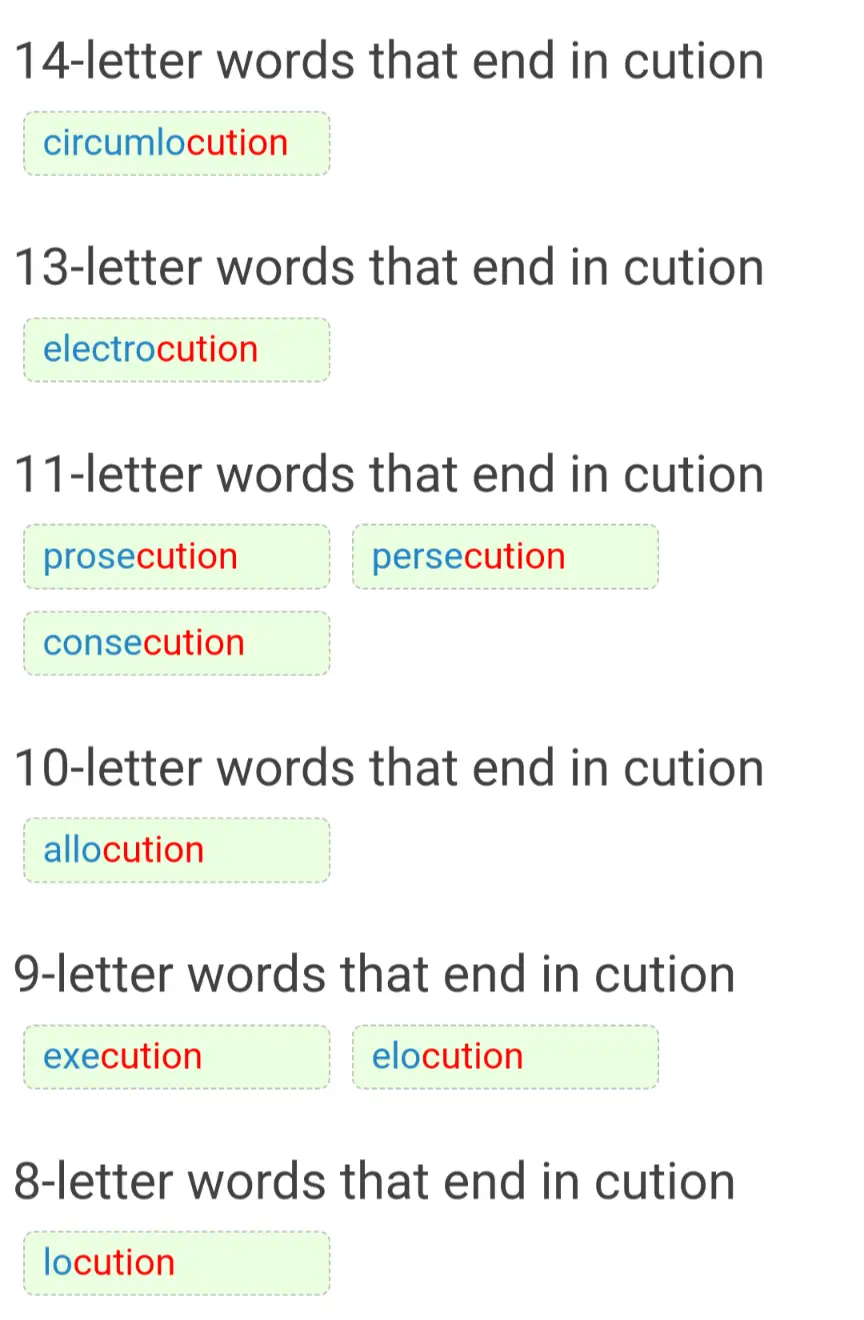Not a solar flare but a coronal mass ejection. And while the subsequent G5 geomagnetic storm can do damage to various technological systems, it shouldn’t be anything too bad.
I just looked it up on Wikipedia.
The extreme ultraviolet and x-ray radiation from solar flares is absorbed by the daylight side of Earth’s upper atmosphere, in particular the ionosphere, and does not reach the surface.
What else should I know?
You should know that this wasn’t a solar flare, but a coronal mass ejection. Look that up instead. No, it’s nothing too bad either. The one in 1859 was a big one and some people got electrocuted at telegraph stations, but this ain’t like that.
Electrocuted? Or shocked?
Electrocuted as in they received injuries from an electric shock.
I’m generally a linguistic descriptivist, but in the case of “electrocuted”, I do think the distinction is worth having.
I think there’s a distinction between “electrocuted” and “electrocuted to death”. Same as with “stabbed” vs. “stabbed to death” or any other such verb that can, but may not necessarily result in death.
[Edit- I’m blind, the definition I give below does include injury. However, I stand by the fact the word has changed over time, and there is at least some value in following the “old” definition.]
Per Merriam-Webster:
1: to kill or severely injure by electric shock
2: to execute (a criminal) by electricityNow, granted, because the word is used often enough to mean “shocked”, there is a “descriptivist” argument to be made that we should accept the new definition (like “literally” meaning “not literally”).
While I’m generally in favour of this approach, I think the distinction here being literally life-and-death (especially when used in a workplace context) warrants some push-back against this new definition.
That said, English doesn’t have language police, so you’re more than free to disagree with my take, haha.
I’m a big fan of words being used wrong so often that they change meaning. Glad my education was largely useless.
The definition does include mere injury. Though it does add the qualifier “severely” so now I need to know how that dictionary defines “severe.”
Also: The Internet has proven for years that the Language Police exist for all languages. Though they’re more like gestapo. Hence the moniker “Grammar Nazi.” 😌
Electrocution = death
Google and the Oxford dictionary disagree.

I wonder if the origin of the word was a portmanteau of electricity and execute.
Execute to death, of course
Could be, but there’s other words with that same ending

Iirc it’s only electrocution if you die
Google and the Oxford dictionary disagree.
And life goes on…
I live in Germany, nothing happened. So this is barely news.
It was visible in the uk as well, it was best seen through a camera, almost impossible to see without one
Ah, right, didnt know, thanks! Only heard about it afterwards
… you mean the skies are looking Fantastic tonight?
What about it? It’s a big solar flare, but my understanding is that it’s still not big enough to do any real damage.
no real damage. this time.
mhmm tasty evolution juice
The best way to describe it!
it’s good that you properly capitalized your name
I don’t know and I wanna. What’s so bad about it?
It’s the Internet, so I assume buttholes.
Don’t look directly at the solar flair
If the solar flare approaches you, do not engage with it
Lay down and pretend you are dead. This way the solar flare will most likely lose intrest and leave.





